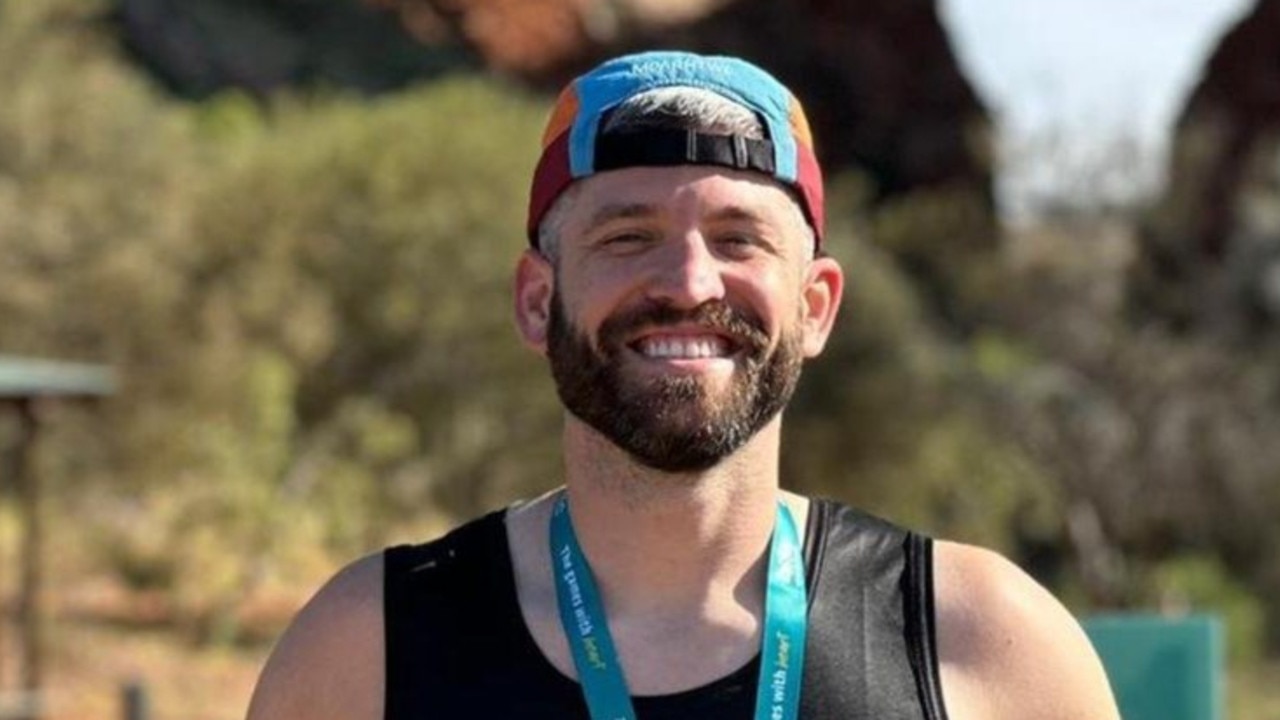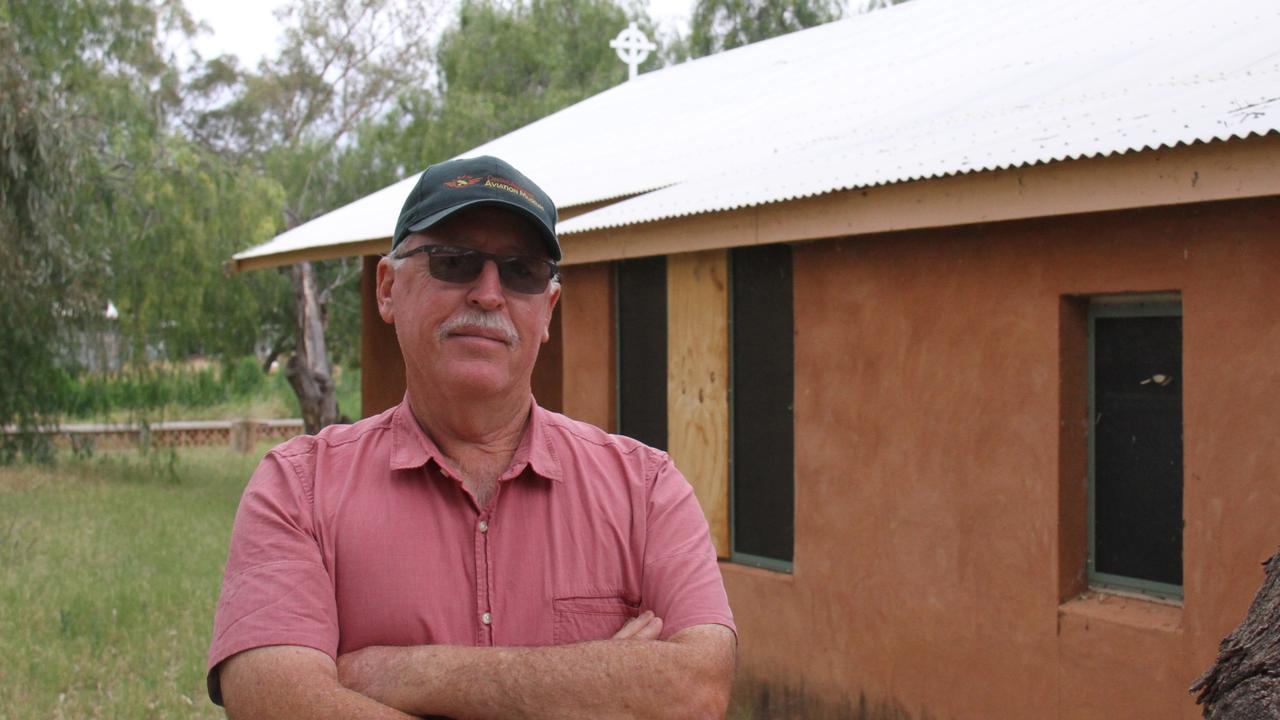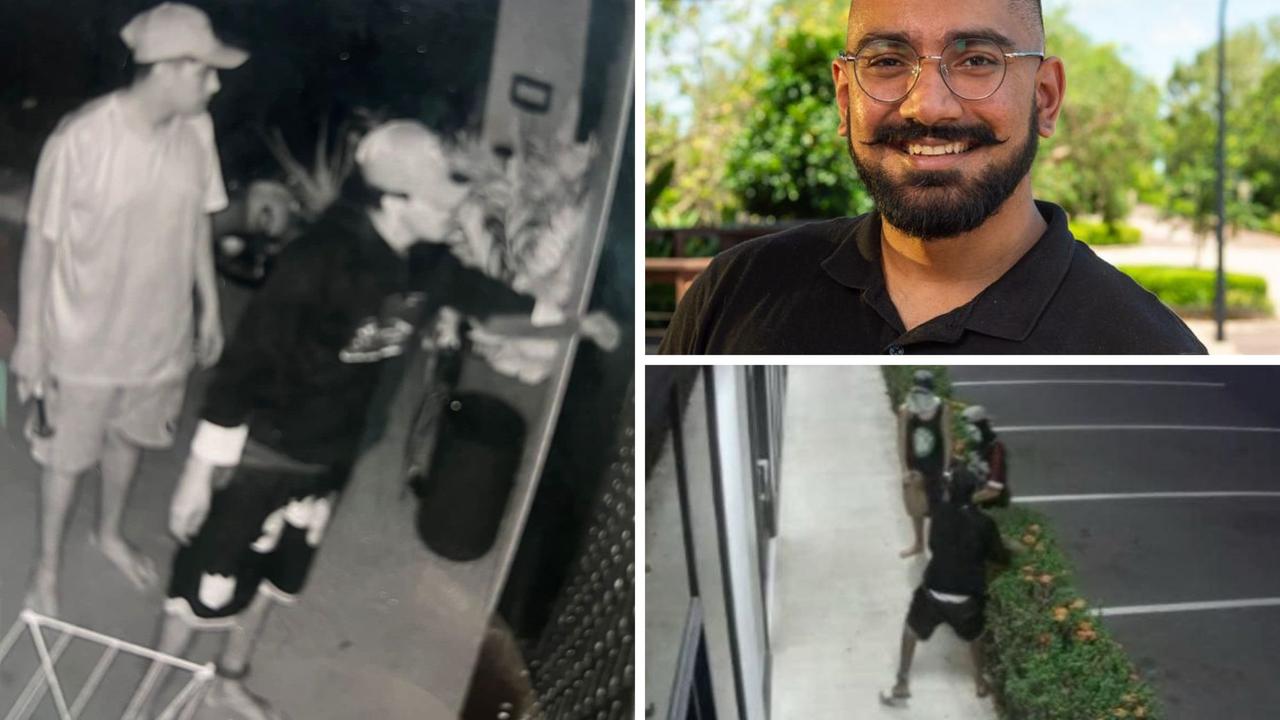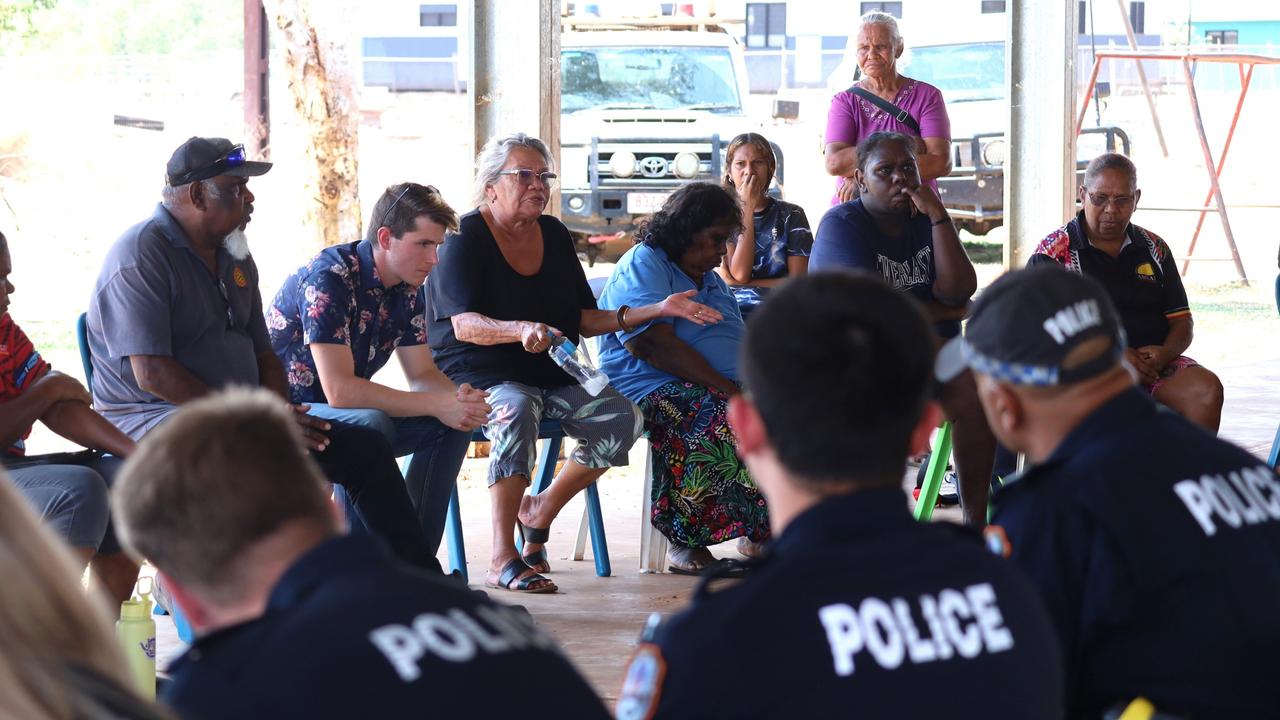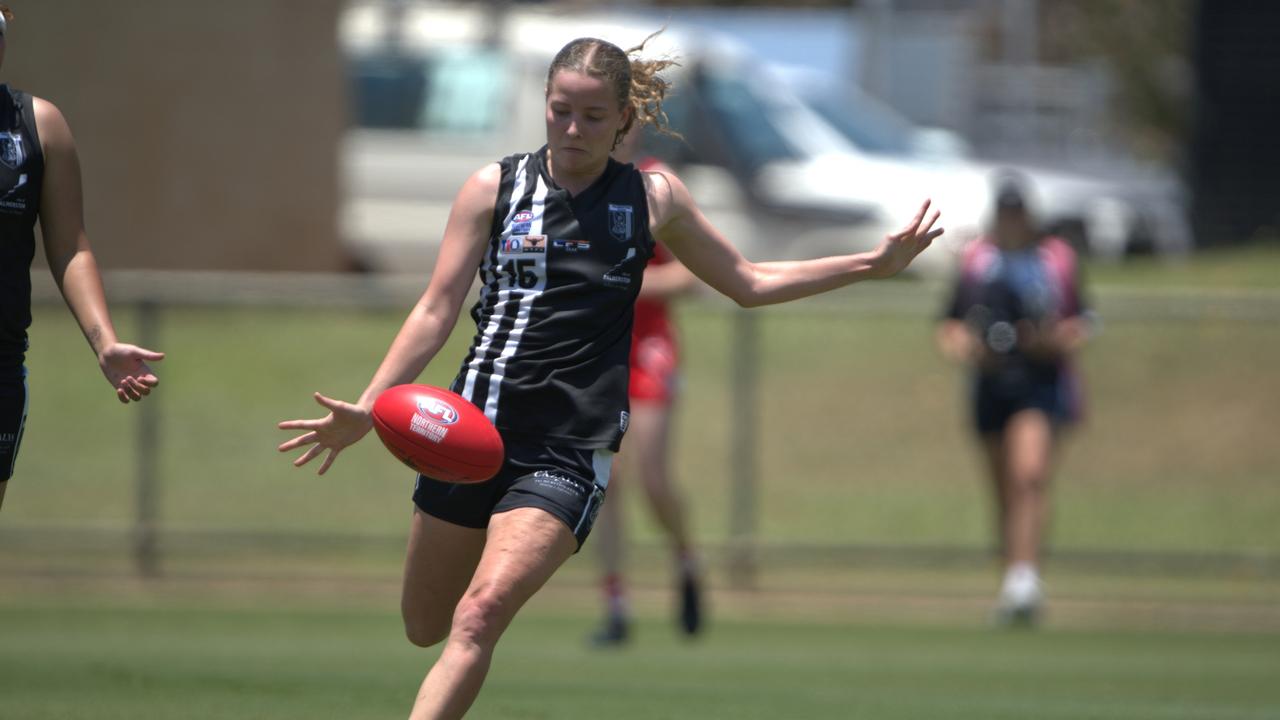Ngeygo Ragurrk Inquest hears Aboriginal translators not available on triple-0
A former NT Australian of the Year has identified alarming gaps for first line responders, saying it is ‘the perfect example of systemic racism’. Read the solutions proposed.
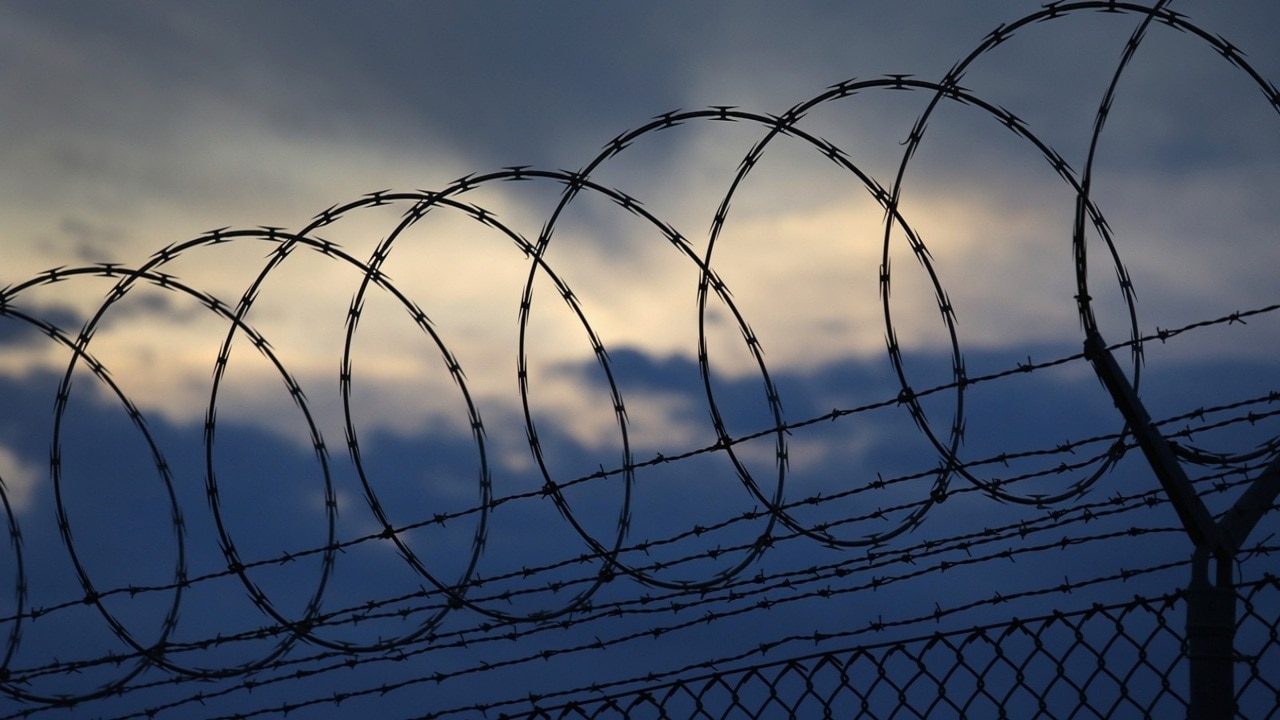
News
Don't miss out on the headlines from News. Followed categories will be added to My News.
Pleas from vulnerable Territorians are being lost in translation due to a lack of Aboriginal triple-0 operators, with “systemic racism” blamed for solutions being cut down.
On the final day of the Ngeygo Ragurrk coronial inquest, Aboriginal Justice Unit director Leanne Liddle said a $19,000 pilot program for triple-0 centres was cut despite promising results.
Ms Liddle said despite a third of Territorians identifying as Aboriginal, with more than 140 languages spoken across the NT, there were no Indigenous interpreters at the Joint Emergency Services Communication Centre.
“In my opinion this is the perfect example of systemic racism in a system that does not meet the needs of Territorians,” Ms Liddle said.
“(One) that sits as business as usual, that stays unaddressed, until it comes up like this.
“They don’t really want to change, even though we can see the benefits of what it will change.”
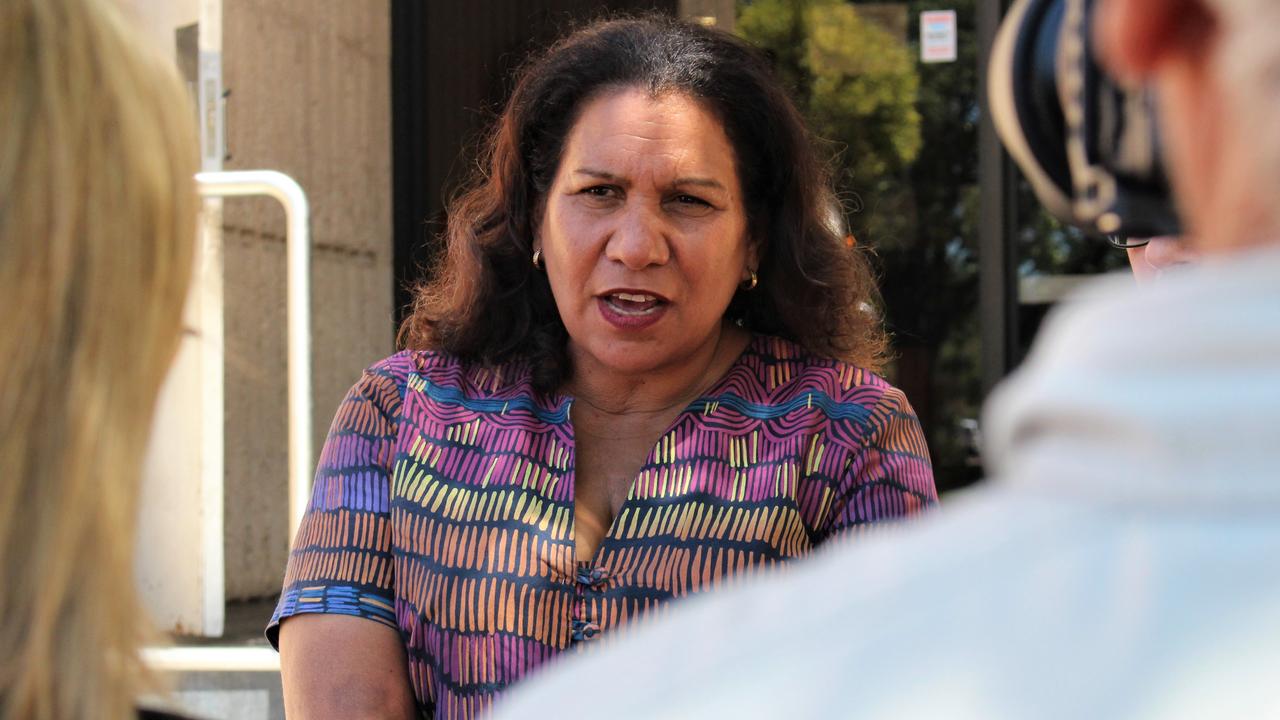
The inquiry previously heard up to 70 per cent of calls to triple-0 were from Aboriginal Territorians, with many calls hampered by language barriers.
Ms Liddle said this and response delays meant “people were losing confidence in the police”.
“They would call triple-0 and despite their location … (being) less than 5km out of a town centre, the response time would be up to 24 to 48 hours later,” she said.
Ms Liddle also said remote Territorians were irritated when emergency responders had no idea where their communities were.
“So people are very frustrated and at a height of fear, and as a result, they tend to speak faster, and revert back to an Aboriginal language other than English,” she said.
The inquest was told by a JESCC supervisor that his team was mostly junior officers, often from interstate, who “struggled” with Aboriginal names — while the team as a whole had a 45 per cent attrition rate.
“(And) some of those call takers had never met an Aboriginal person before,” Ms Liddle said.
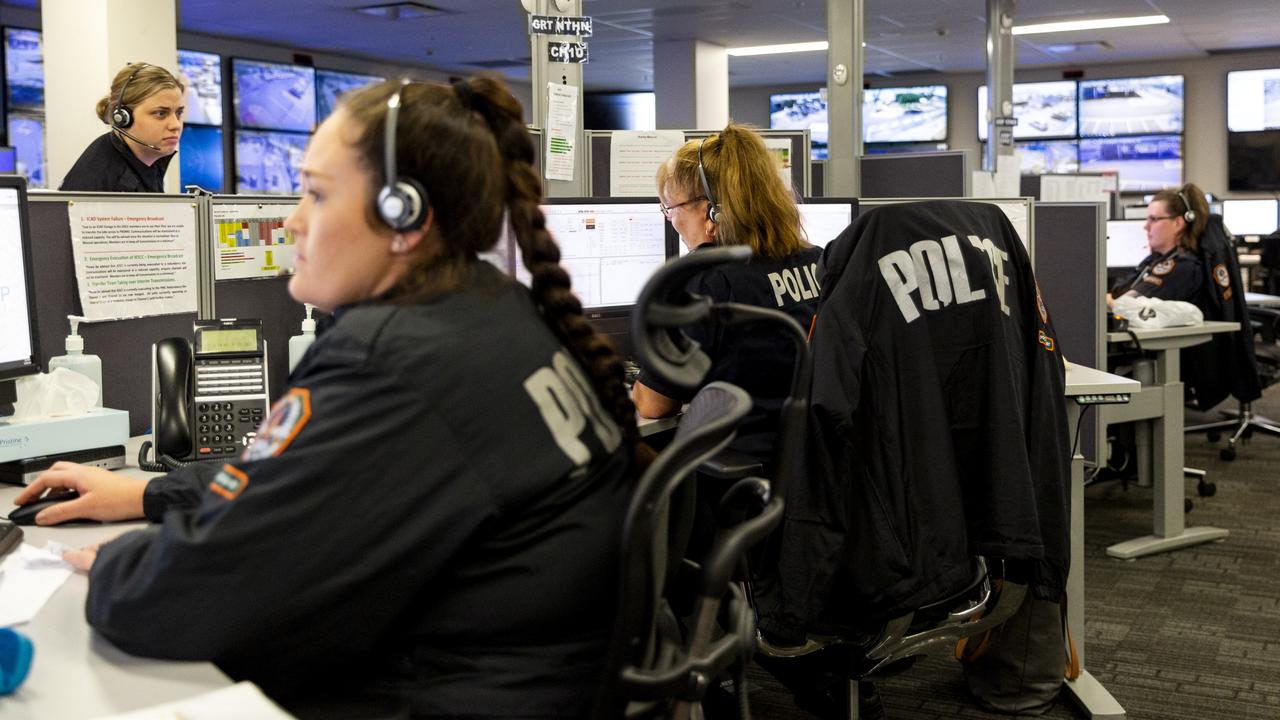
Ms Liddle said after being approached by JESCC leaders, her team set up a $19,000 10-week pilot project to embed three highly-skilled interpreters at the triple-0 centre in 2020.
Ms Liddle said the interpreters — each fluent in six to seven languages — assisted in 270 emergency calls, an average of 68 calls per four hour shift.
She said this meant 42 per cent of calls were brought in an interpreter.
“At the end of the day they were available for people in distress, people calling to get an adequate response and to capture that information that was needed.”
Despite a recommendation to “repeat and expand the trial”, Ms Liddle said when it was presented to then-Police Commissioner Jamie Chalker “he was not willing to proceed and continue any further”.
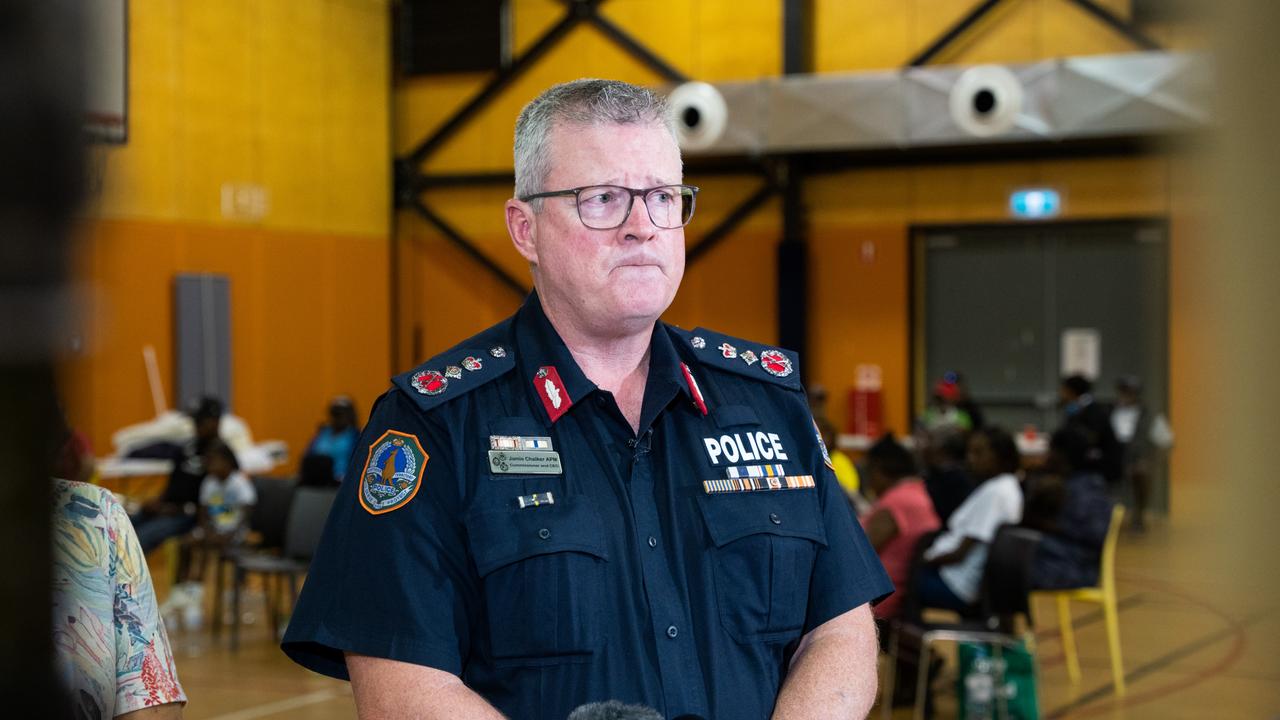
Ms Liddle said he believed there was no room in the call centre for the interpreters or any money to deliver on the project.
On Tuesday she said acting Police Commissioner Michael Murphy had recommitted to the project.
Ms Liddle said there were two other relevant projects under the Aboriginal Justice Unit yet to be funded, an alternative to custody program for male abusers and another for their families.
“For the whole family unit to be triaged and delivered services from nana, to uncle, to mum, to siblings, that are witnessing the domestic and family violence, with a particular focus on trauma and grief,” she said.
Ms Liddle told the coroner these programs had yet to be given funding from Territory Families.
Ms Liddle said prison was not rehabilitating abusers, with those on remand not able to access programs to address the root causes of their offending.
“If they undertake programs, there is a belief that it’s a sign of guilt and people are then advised not to undertake those programs,” she said.
“They often left the prison walls, not completing programs that address their offending behaviours.
“And they’d turn (up) again in a short period of time, through either the police system, or the court system.”
But as a former police officer herself, Ms Liddle said she understood the pressures on police, warning against treating cops as social workers.
“Police are geared to deal with the offender at the time of the incident to create a safe place,” she said.
“That’s what they focus on. And that’s what they do well.
“I believe that needs to be followed up by a specialist team that works alongside the police.”
More Coverage
Originally published as Ngeygo Ragurrk Inquest hears Aboriginal translators not available on triple-0




